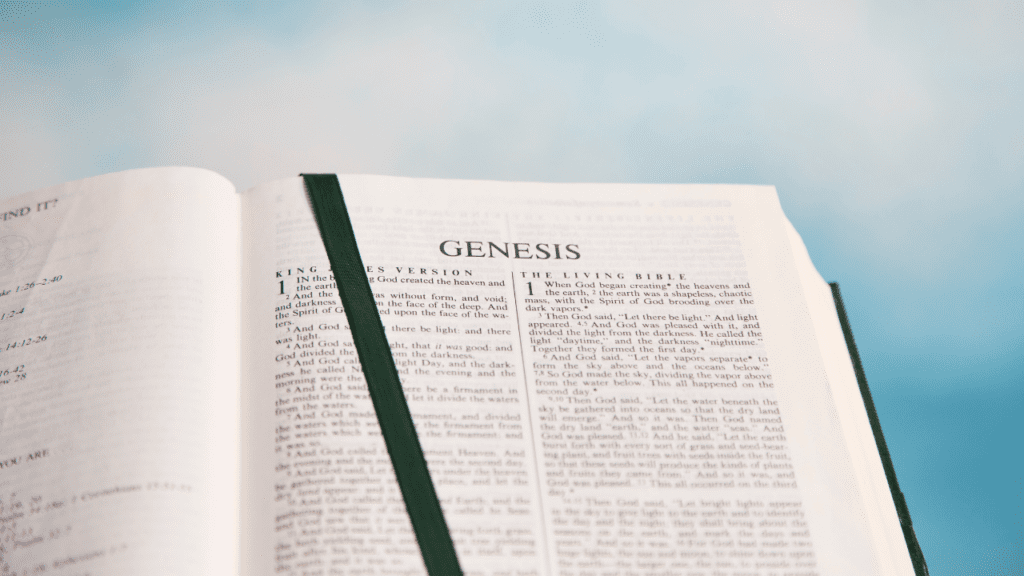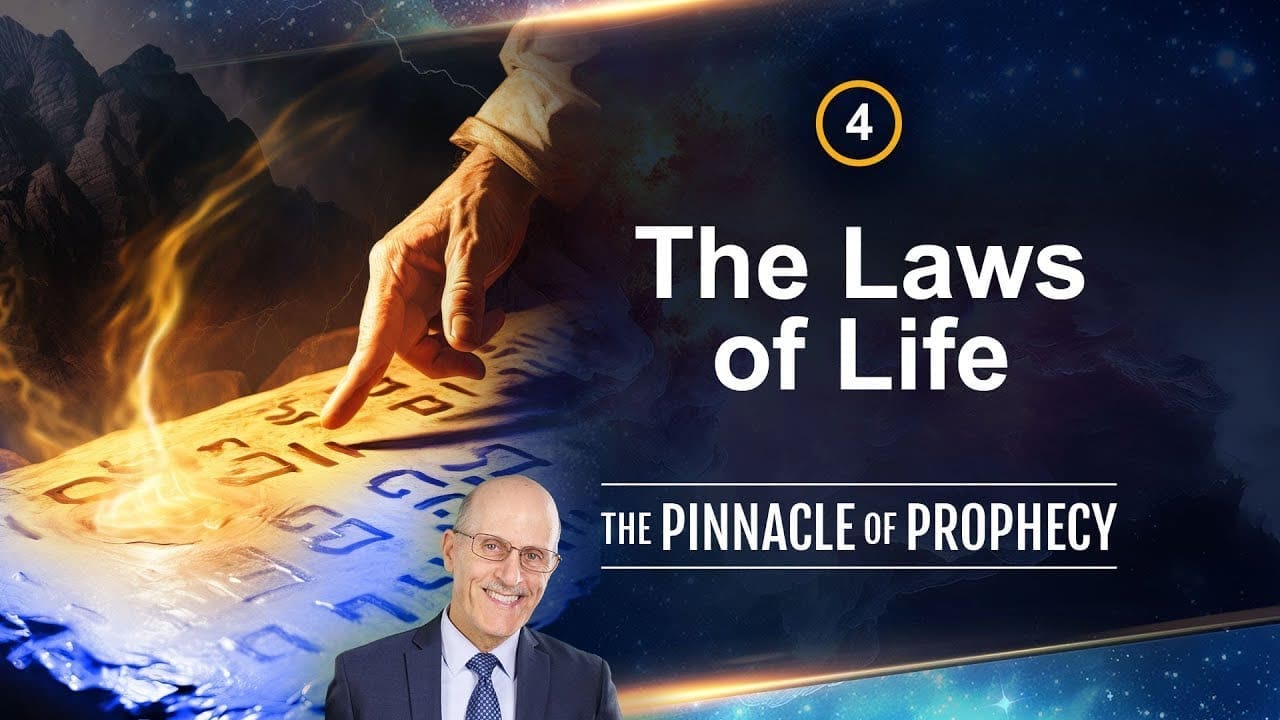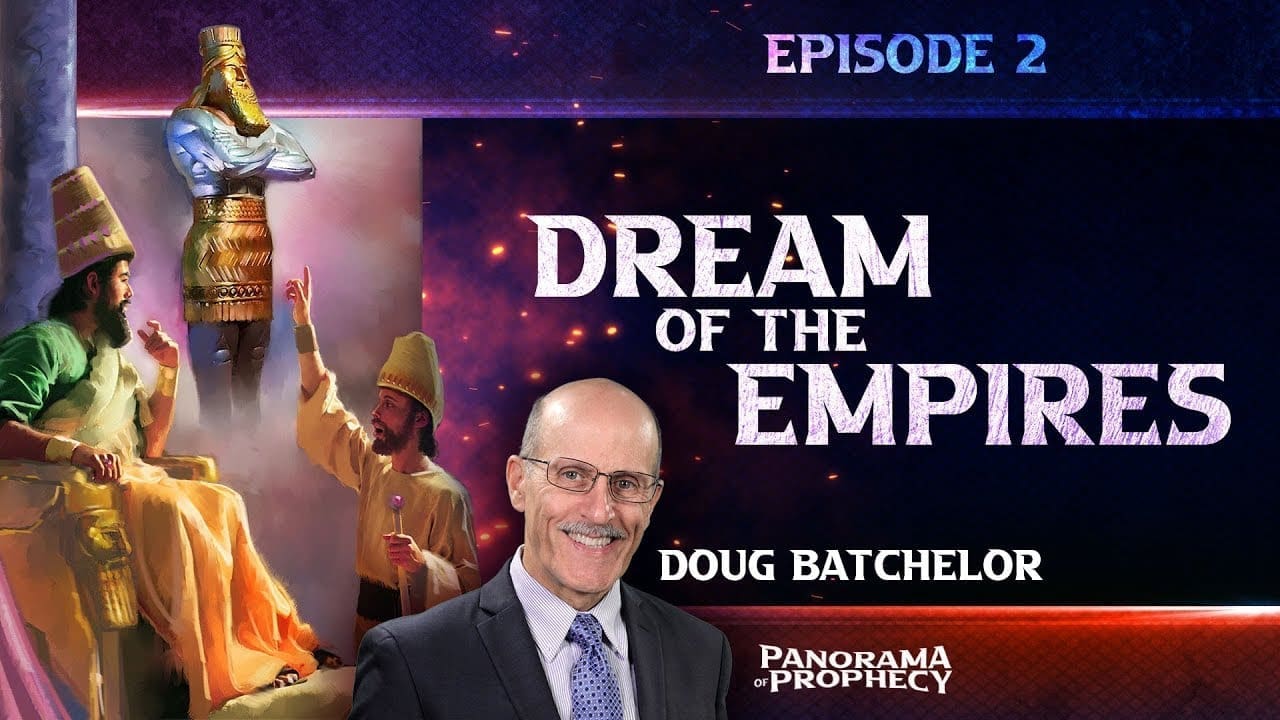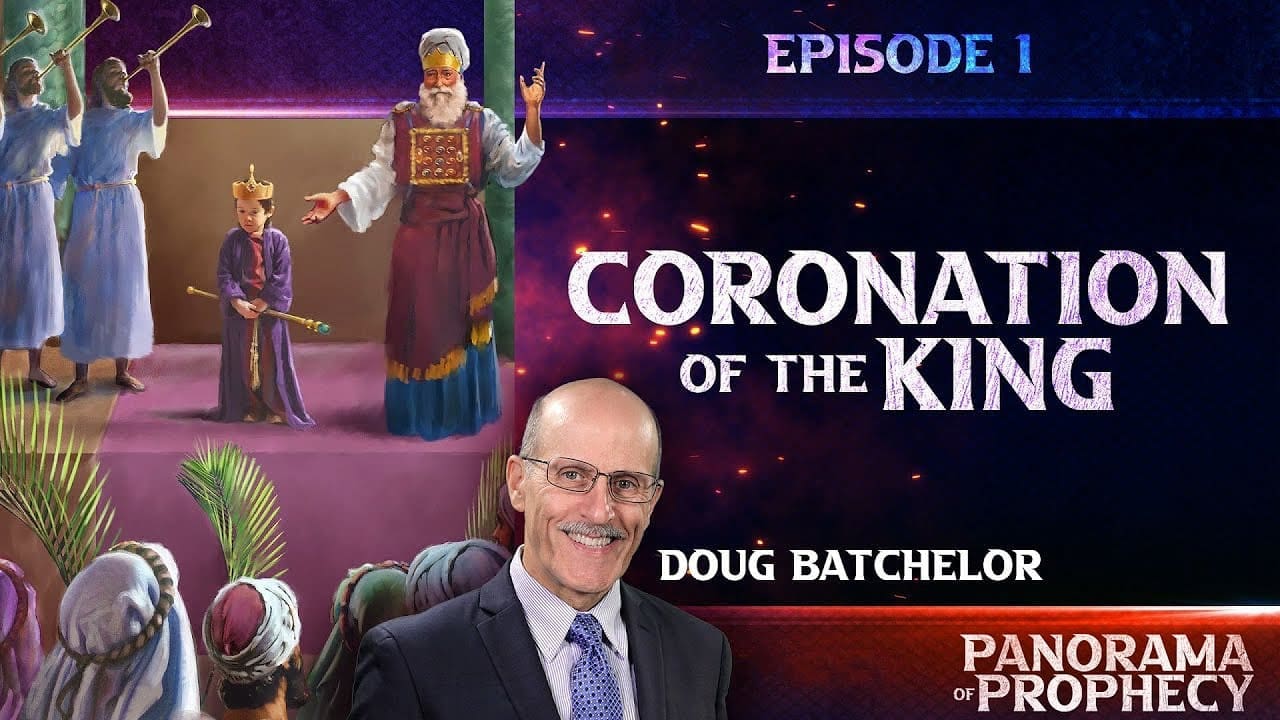The arguments presented for identifying the true seventh day of the week as the Sabbath are based on several factors, including the biblical accounts of Jesus’ crucifixion and resurrection, the calendar changes made by Pope Gregory XIII, the linguistic association of the word “Sabbath” with the seventh day in many languages, and the continued observance of the seventh-day Sabbath by the Jewish people.
- The biblical accounts of Jesus’ crucifixion and resurrection provide a clear sequence of events. Jesus died on Friday, the preparation day, rested in the tomb on the Sabbath (Saturday), and rose from the dead on Sunday, the first day of the week. By locating Good Friday and Easter Sunday, one can identify the true Sabbath day.
- The calendar changes made by Pope Gregory XIII in 1582 did not affect the weekly cycle or disrupt the sequence of days. The change was made to align the calendar with the solar system by dropping ten days, but the seven-day week and the order of the days remained unchanged. The seventh day, which is Saturday, remained the seventh day.
- The linguistic association of the word “Sabbath” with the seventh day in many languages supports the understanding that Saturday has historically been recognized as the Sabbath day. For example, in Spanish, the word for Saturday is “Sábado,” derived from “Sabbath.”
- The Jewish people have observed the seventh-day Sabbath for thousands of years, providing a continuous and reliable practice that aligns with the biblical commandment to keep the Sabbath. The Jewish community’s keeping of the seventh day Sabbath serves as a historical testimony to its preservation throughout time.
While these evidences suggest that the true seventh day is Saturday, it is important to note that the determination of the Sabbath day should not be solely based on historical or linguistic factors. The biblical commandment to keep the Sabbath day holy (Exodus 20:8-11) and resting on the seventh day as seen in the examples of Jesus and the early apostles provide the primary basis for Sabbath observance.
Isn’t there a new law of Christ?
Jesus was not replacing the Ten Commandments with the commandments to love God and love others. Instead, He was summarizing and emphasizing the underlying principles of the commandments.
The commandments to love God and love one’s neighbour is the essence of the Ten Commandments. When we truly love God with all our heart, soul, and mind, we naturally fulfill the commandments related to our relationship with Him. Likewise, when we love our neighbour as ourselves, we fulfill the commandments related to our interactions with others.
Jesus’ statement that “On these two commandments hang all the Law and the Prophets” means that the entire body of God’s moral law, as revealed in the Old Testament, finds its foundation and fulfillment in love. Love is the guiding principle that gives value and purpose to the commandments.
The apostle Paul reaffirmed this understanding in Romans 13:10, where he wrote, “Love does no harm to a neighbour; therefore love is the fulfillment of the law.” When we truly love, we will not harm others, and we will naturally obey the commandments that guide us in our relationships with both God and fellow human beings.
In summary, the commandments to love God and love others do not invalidate or replace the Ten Commandments. Instead, they provide a framework and motivation for fulfilling the commandments, emphasizing the significance of love in our relationship with God and others.













